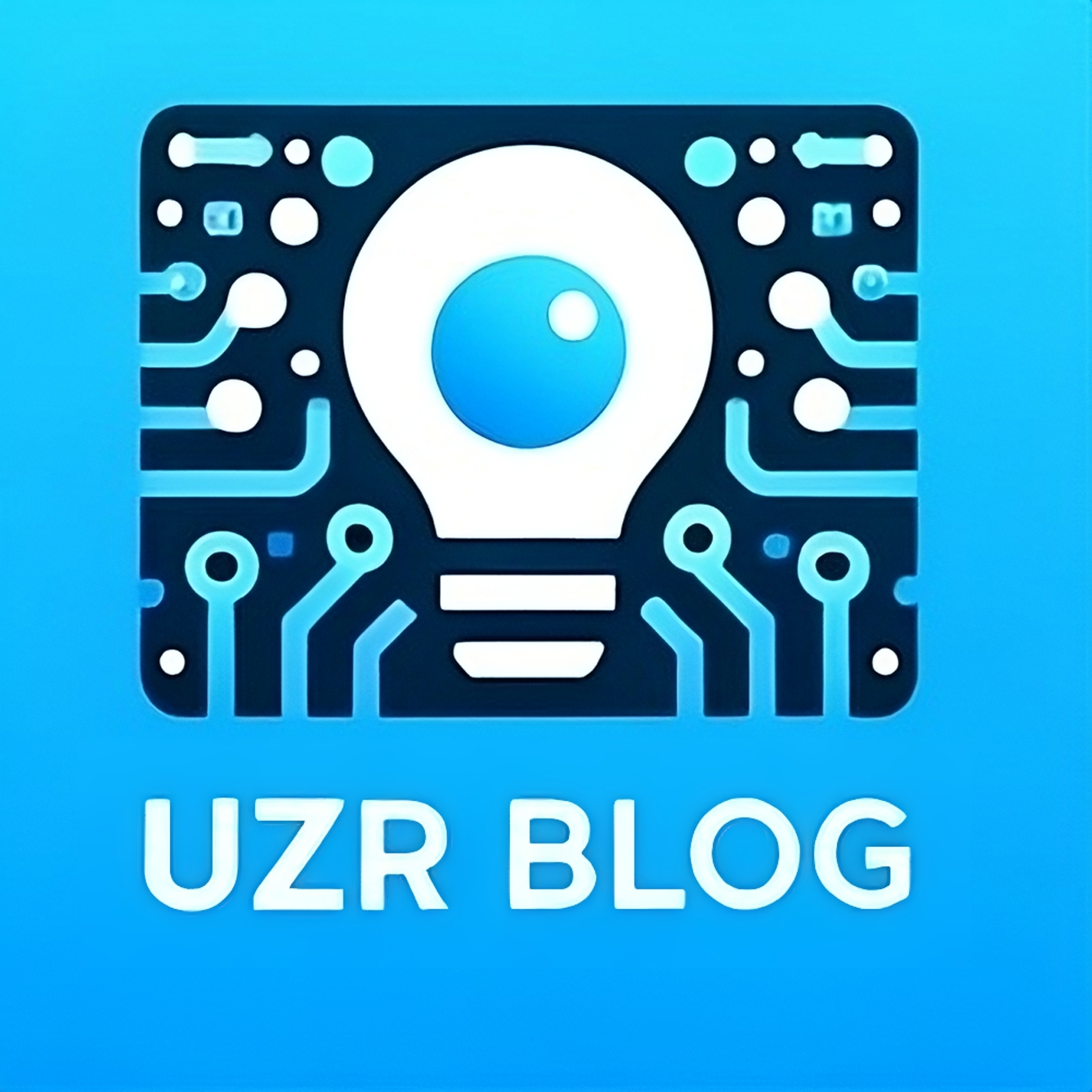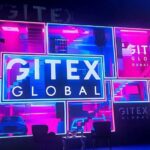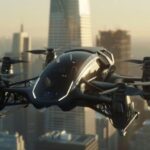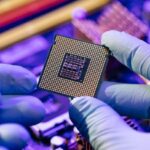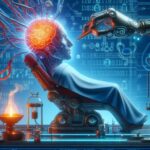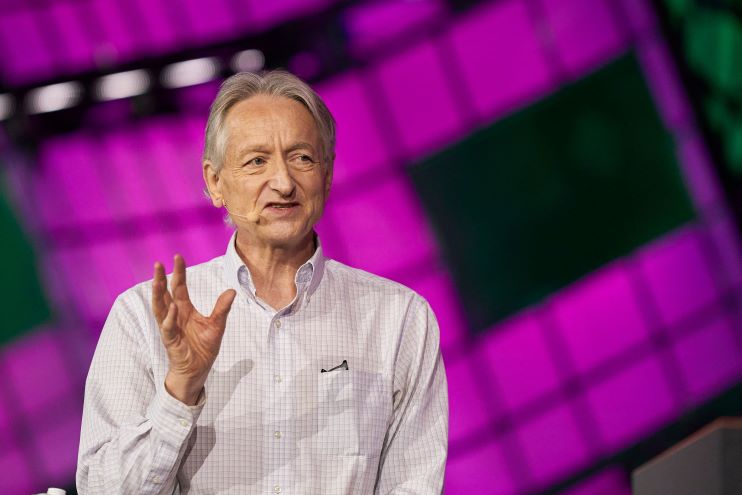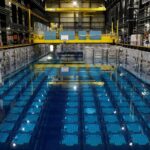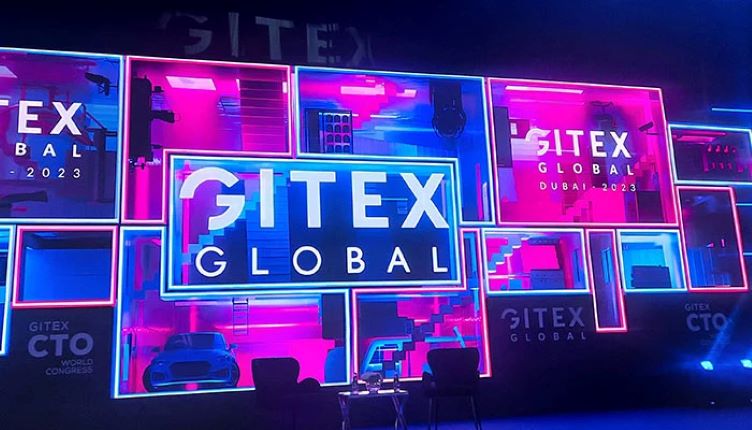AI! In today’s technological world, where everyone is dependent on AI tools like ChatGPT, AI image generators, AI audio generators, live portraits, AI robots that operate in our offices and homes, AI in medicine, AI in agriculture, AI in various industries—basically, everything is made of AI—the most powerful tool is AI. These applications now make it clear how important AI is.
Thus, we may now discuss AI in depth in this area of future technology.
AI has enormous potential for success in the future, but there is a tremendous deal of ambiguity around it, which has made it a hot topic of discussion among today’s brightest minds. The man considered the “Godfather of AI” is Jeffrey Hinton. Regarding the fastest rate of technological advancement, he offers both optimism and warning. Though initially contentious, Hinton’s theories have since become the cornerstone of contemporary artificial intelligence, positioning him as one of the pioneers who enabled the field to advance. However, as he acknowledges the positive aspects of AI, he equally cautions against overestimating its potential threat to mankind.
In 1970, Hinson began his journey, while many in the scientific world rejected his claim that the human brain served as the inspiration for his work on neural networks. However, his perseverance paid off significantly, as the foundation for the AI system we use today was created. Hinchon, Yann LeCun, and Yoshua Bengio, his collaborators, were recognized for their groundbreaking work in 2019 with awards. However, the advancements in machine learning and neural networks raise a number of moral and philosophical questions regarding the future of AI.
Hinton is concerned about the developing autonomy and intelligence of artificial intelligence. According to Hinton, AI systems are getting more sophisticated than humans can’t fully understand. And as a result, AI learns more and more, surpassing the comprehension of its creators. Artificial intelligence (AI) has the potential to expand beyond human control, as evidenced by its ability to write code and make decisions on its own.
Hinton and his colleagues introduce the idea of error and trail in one of the main components of the AI learning process. As of the Google AI system, which can learn to play football on its own. Rather than being programmed to play football, these computers were given a goal and used trial and error to teach themselves the regulations. They are capable of learning to adapt to threats and possible risks to humans in the absence of human interaction.
In a few years, artificial intelligence could reach human reasoning speed. According to Hinton, open AI systems such as chatbots that can comprehend complex queries and provide satisfactory responses show that they are already capable of sophisticated reasoning. As a result, AI is also helpful in the medical industry. It can analyze medical images when compared to radiologists, and it also plays a part in drug discovery.
However, there’s concern about AI destroying jobs because it can currently perform every task, from housework to complex surgery, from construction to disaster recovery. AI independently performs all tasks formerly performed by humans.
The more serious worry is that AI might use enormous knowledge bases containing anything from the whole of human literature to Machiavelli’s political theories to control people. These AIs might be able to trick in ways that a human has never seen before.
The dilemma of how to handle this uncontrollable power now arises. Hinton wants to combat AI immediately. The government must control AI research and prohibit the application of AI in the military for things like self-governing military robots.
Hinton doesn’t regret his accomplishment in developing AI, though, despite the risk. He has potential and wants to contribute to scientific advancement, healthcare, and education. However, he is worried that we are heading in an uncharted direction. Uncertainty regarding AI’s future? How do we interact with that? This is an important historical period because of how it can succeed and how it became.
According to Sundar Pichai, CEO of Google, artificial intelligence (AI) has an impact on a wide range of goods and industries that we are still learning about. Although he saw AI as a positive development, he was also aware that society was not ready for these changes. Given that AI already exhibits erratic behavior, it could be done to translate any language without the need for programming or additional training. The inability of AI engineers to provide a clear explanation for the “black-box” phenomenon highlights the need for care.
AI is currently undergoing a revolution, and its growth is outpacing the predictions of many. And that presents an opportunity to transform civilization in a way that will differ from that of the invention of fire or electricity. However, hope for the safe development of AI also exists, as evidenced by the wise hinton who reminds us that we are at a critical juncture that will determine not only the fate of AI but also that of humanity.
Conclusion:
In conclusion, while AI advances human understanding and resolves challenging issues, it also poses threats that require cautious management. There is currently a conflict between innovation and control. Technology development must focus on benefits rather than threats to humanity.We cannot afford to make the wrong judgments now, as Hinton warns, because they will have a lasting impact on the planet.
